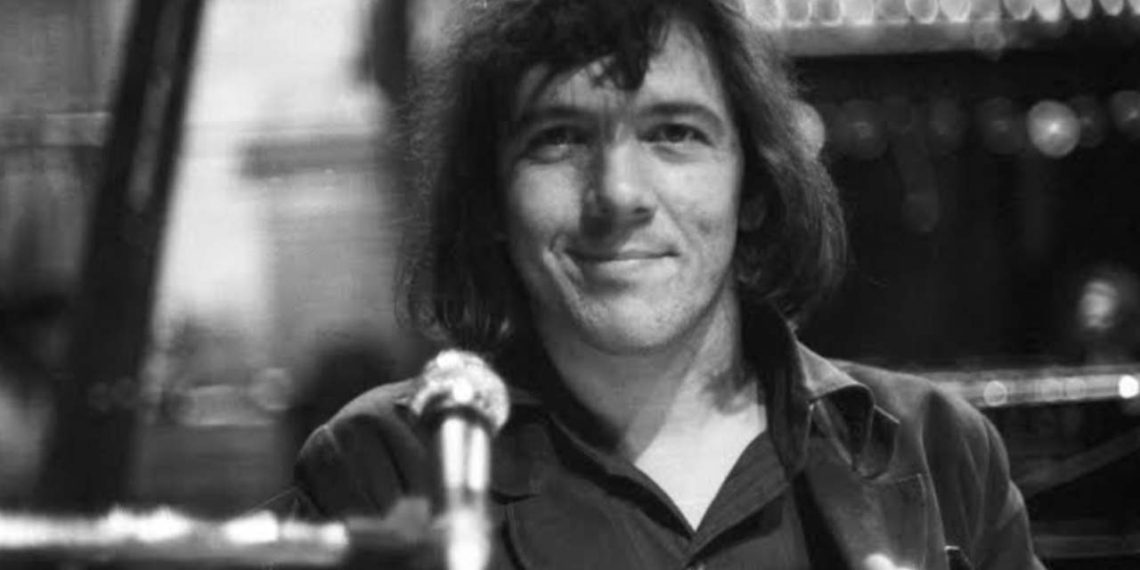Doug Ingle’s passing marks the end of an era for Iron Butterfly fans. “In-a-Gadda-Da-Vida” became iconic, showcasing the band’s unique sound and paving the way for their success. It’s a reminder of the lasting impact classic rock has had on music history.
Ingle’s family announced the passing on social media and did not give a cause of death.
“It’s with a heavy heart & great sadness to announce the passing of my Father Doug Ingle,” posted Doug Ingle Jr.
“Dad passed away peacefully this evening in the presence of family. Thank You Dad for being a father, teacher and friend. Cherished loving memories I will carry the rest of my days moving forward in this journey of life. Love you Dad.”
Doug Ingle’s role as the sole survivor of the original and classic lineup underscores the evolution of Iron Butterfly over the years. “In-a-Gadda-Da-Vida” became more than just a song; it became a cultural phenomenon, whether in its full 17-minute glory or in its shorter radio edit.
Its impact on both music and popular culture is undeniable, shaping perceptions of rock music and its experimentation with length and structure.
The origin story behind the title of “In-a-Gadda-Da-Vida” adds to its mystique and enduring popularity.
Its inclusion in popular culture, like “The Simpsons” episode you mentioned, demonstrates its lasting impact and how it’s woven into the fabric of our cultural consciousness. It’s fascinating how a simple misheard phrase could lead to such a legendary song title.
“In-a-Gadda-Da-Vida” has certainly left its mark across various genres and mediums, from film soundtracks to cover versions by renowned artists.
The serendipitous recording session that resulted in the epic 17-minute version adds to the song’s legend, showcasing the spontaneity and creativity of the band.
Despite Iron Butterfly’s relatively short-lived mainstream success and limited reunion activity compared to other bands of their era, their impact on music history remains undeniable.
It’s interesting to note Doug Ingle’s intermittent participation in Iron Butterfly reunions over the years, showing a willingness to revisit the band’s legacy.
His final retirement from performing in 1999 marked the end of an era for both him and the band, leaving behind a lasting imprint on rock music history.
Doug Ingle’s reflections on the ups and downs of his time with Iron Butterfly offer a glimpse into the challenges of sudden fame and financial management in the music industry.
The band’s extensive lineup changes over the years reflect the dynamic nature of the music business and the various paths individual members took after their time with the group.
Despite the trials and tribulations, the legacy of Iron Butterfly and their iconic music continues to resonate with fans worldwide.
“I was a child among men,” said Ingle, looking back at 48. “I was dealing with people who were competent but not necessarily (working) in my interest. I took the luxury of playing ostrich. I didn’t involve myself at the business level at all. I just went out and performed. It was, ‘Isn’t life great?’ Then everything crashed down. I still maintain life is great, but now I base it on something (real) rather than wishful thinking.”





